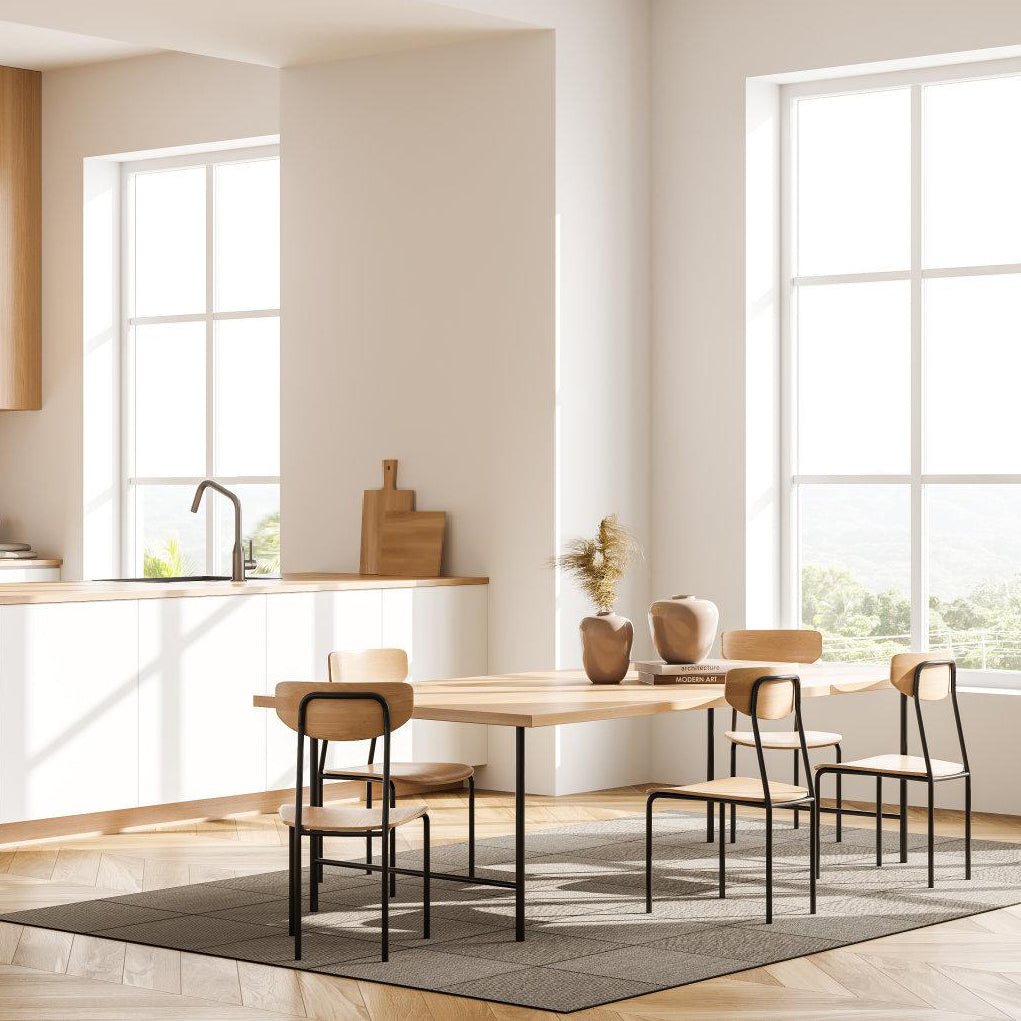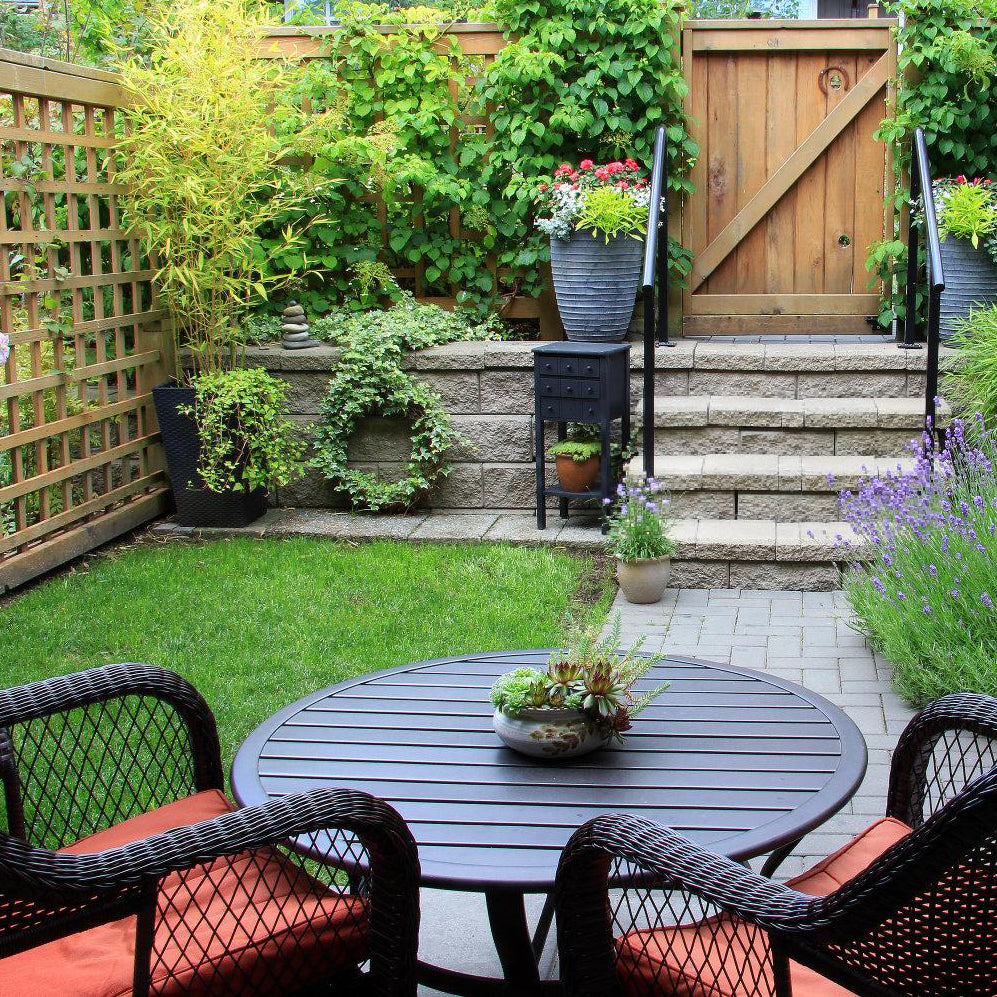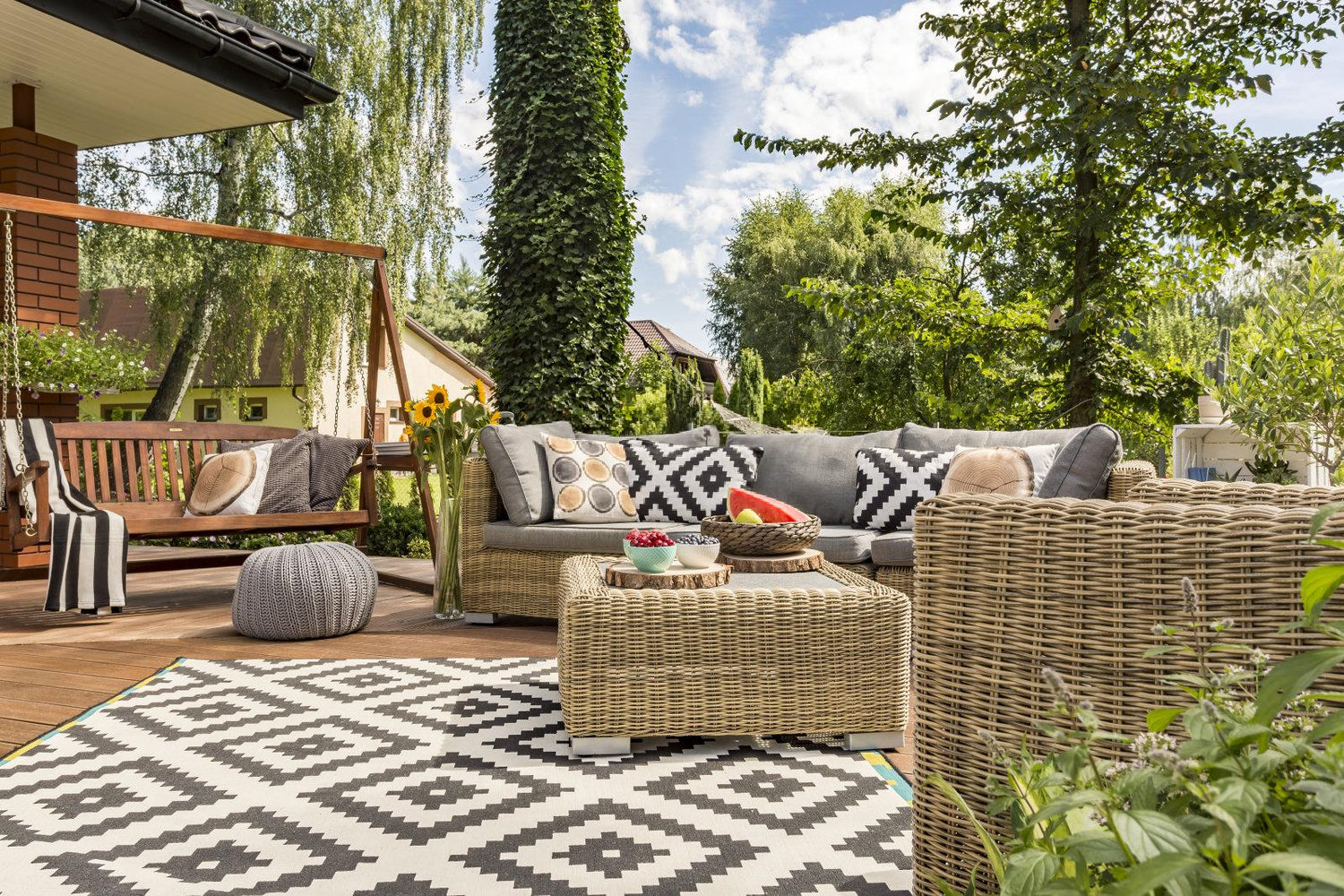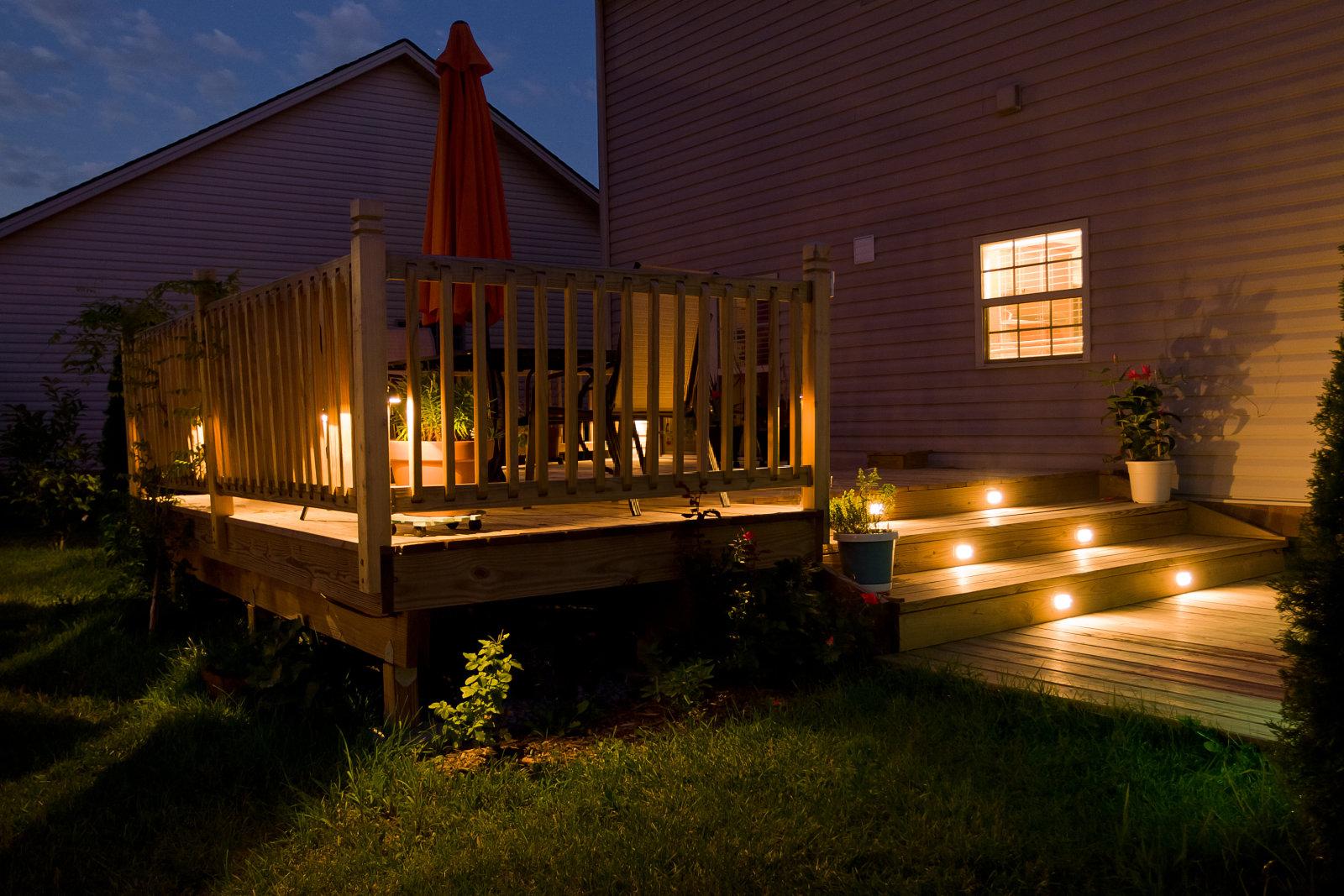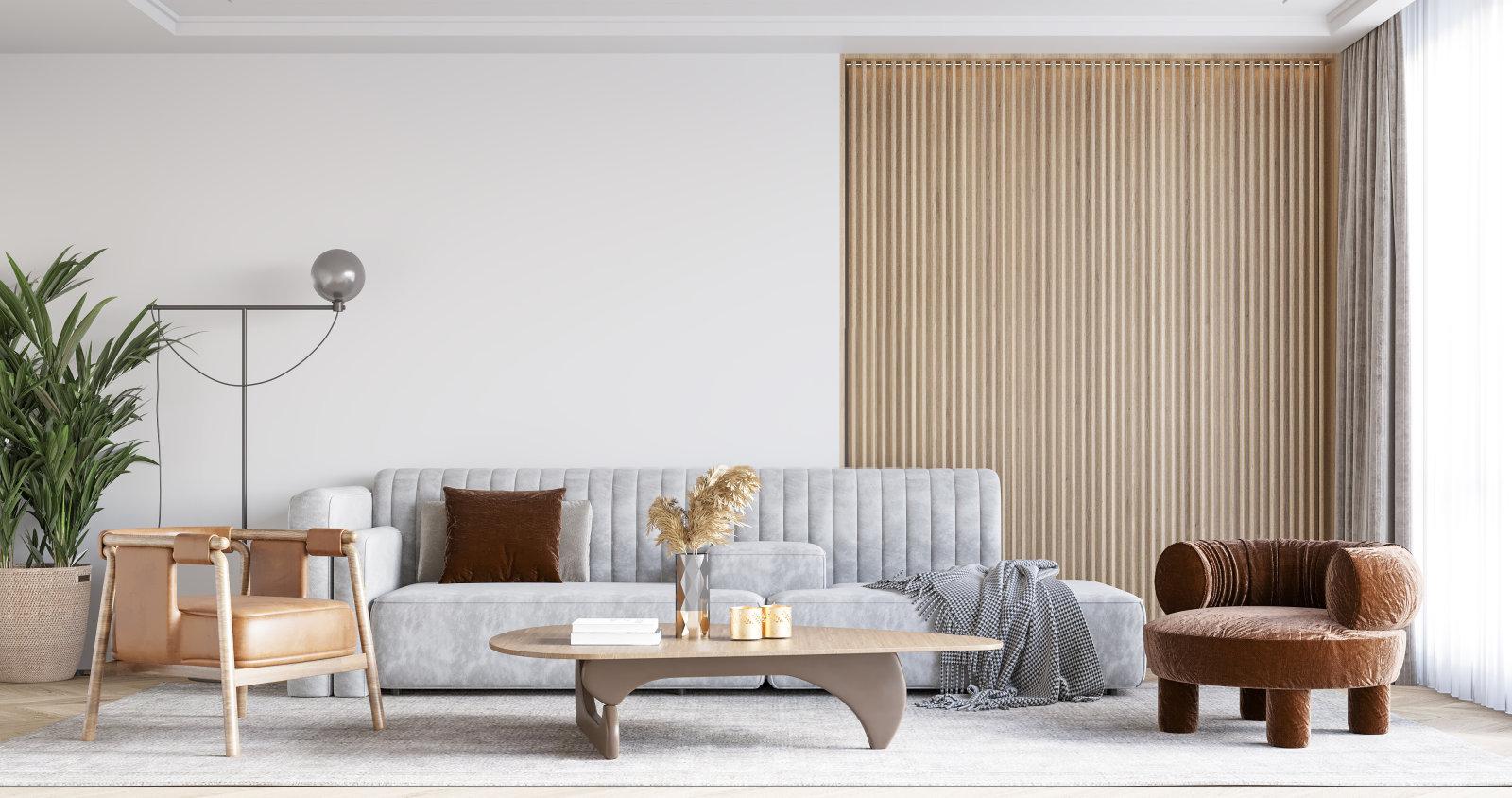1. Preparation
Before starting the outdoor sofa cleaning process, gather some basic cleaning tools and materials. You may need:
- Mild cleaner
- Soft brush
- Warm water
- Sponge or soft cloth
- Rubber gloves
- Dry towels
- Spray bottle
Ensure the cleaner you choose is safe for the material of your sofa. Avoid using overly harsh chemicals to prevent surface damage.
2. Regular Cleaning
Begin by gently brushing away dust and debris from the sofa's surface. This helps reduce the workload during subsequent cleaning. You can opt for a handheld vacuum or a soft brush for this step.
3. Stain Removal
For stains on the sofa, you can prepare a mild cleaning solution. Mix warm water and a bit of cleaner in a spray bottle, then spray it evenly on the stains. Gently brush and wipe clean with a damp sponge or soft cloth.
4. Addressing Mold and Mildew
Outdoor sofas are prone to mold and mildew due to humidity and damp weather. Address these issues using a special anti-mold solution or a homemade solution with white vinegar. Spray it on the affected areas, then wipe with a sponge. After using the anti-mold solution or white vinegar, ensure the sofa is thoroughly dried.
5. Grease Cleanup
For stubborn grease or grime, you may need a stronger cleaning solution. Make sure to test the cleaner in an inconspicuous area first to ensure it won't damage the sofa. Follow the cleaner's instructions, gently brush, and wipe clean with a damp cloth.
6. Regular Maintenance
Don't wait until the sofa is heavily soiled to clean it. Regular cleaning helps prevent dirt buildup, ensuring the sofa always looks good. Perform a basic cleaning every one to two months to extend the sofa's lifespan.
7. Waterproof Cover
If possible, consider using a waterproof cover for your outdoor sofa when it's not in use. This helps prevent dirt and mold while reducing direct exposure to sunlight and rain.
8. Sun Exposure
Outdoor sofas exposed to the elements often endure prolonged sunlight. While this helps eliminate bacteria, extended exposure can cause fading on certain materials. Rotate the sofa's position regularly to ensure even exposure.
9. Consider Material Characteristics
Different types of outdoor sofas may require different cleaning approaches. For instance, metal sofas might need anti-rust treatment, while wooden ones may require periodic varnishing. Make sure you understand your sofa's material and take appropriate measures.
10. Professional Cleaning
After some time, consider hiring professional cleaning services for a deep clean of your outdoor sofa. They typically have experienced techniques and specialized equipment to ensure your sofa remains undamaged during the cleaning process.
By following the above steps, you can ensure that your outdoor sofa stays clean, comfortable, and durable. Regular maintenance and careful cleaning will contribute to extending the lifespan of your outdoor furniture, keeping it in optimal condition across multiple seasons.
